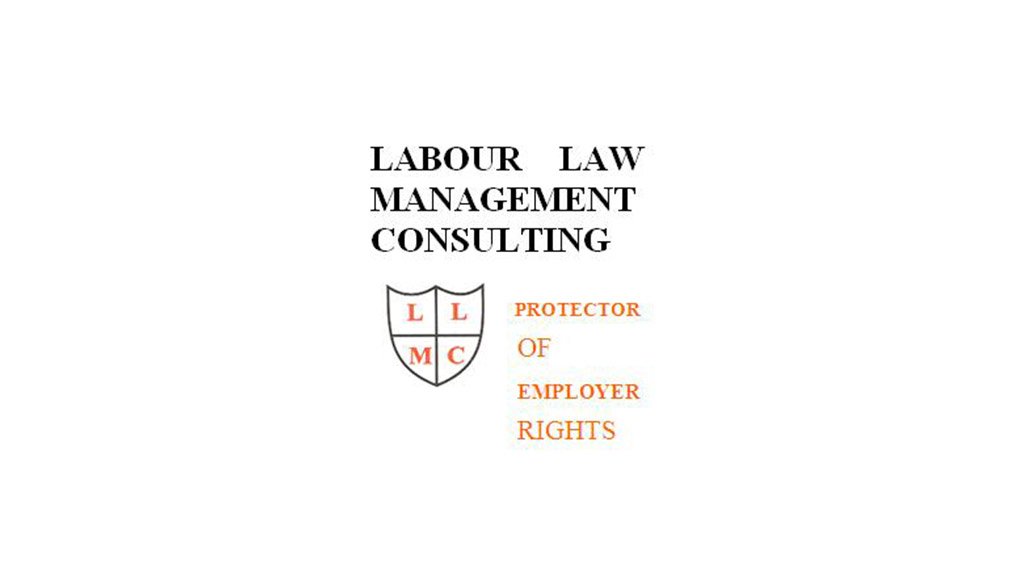The Employment Equity Act (EEA) prohibits unfair discrimination. Such unfair discrimination could include, but is not limited to, discrimination on arbitrary or subjective grounds such as race, gender, family responsibility, religion, age, disability, opinion, and trade union affiliation.
However, where discrimination takes place for purposes of promoting affirmative action, such discrimination would not normally be unfair. However, in the case of Coetzer and Others vs the Minister of Safety and Security (2003, 2 BLLR 173) the Labour Court found that unfair racial discrimination had occurred despite the fact that it had been perpetrated in the name of affirmative action.
Coetzer and his colleagues were all members of the police force’s (SAPS) explosives unit. They complained that it was unfair for them to be refused promotions in the name of affirmative action, due to the fact that they were white males.
The Court noted that no applications from members of designated groups had been received. The SAPS was therefore ordered to promote the white males.
In the case of Oerlikon electrodes SA vs CCMA and others (2003 9 BLLR 900) the Labour Court found that:
- The employee had admitted to calling a repairman of a service provider a “Dutchman” and had further admitted that this was a derogatory term
- The employee had not, as claimed, been provoked by the repairman calling him a “koelie” as this had happened only after the employee had called the repairman a “Dutchman”
- The employer’s disciplinary code did require two warnings before dismissal could be implemented. However, the employer was not required to follow its disciplinary code rigidly
- The term “Dutchman” was racist in the sense that it connoted white supremacy. While this might not be seen as being as serious as terms such as “kaffir” it was still unacceptable
- The employer had the right to deviate from its disciplinary code when circumstances called for this
- The CCMA commissioner had improperly interfered with the employer’s right to impose discipline
- The dismissal was fair.
From this judgement it is clear that:
- The Courts will not allow employers to practice racism unless it is done in the name of genuine affirmative action
- Even moderate forms of racism will not be tolerated in South African workplaces
- Employees may, under certain conditions, be fired even if the employer’s disciplinary code does not provide for dismissal
Written by lvan lsraelstam, Chief Executive of Labour Law Management Consulting
EMAIL THIS ARTICLE SAVE THIS ARTICLE
To subscribe email subscriptions@creamermedia.co.za or click here
To advertise email advertising@creamermedia.co.za or click here











